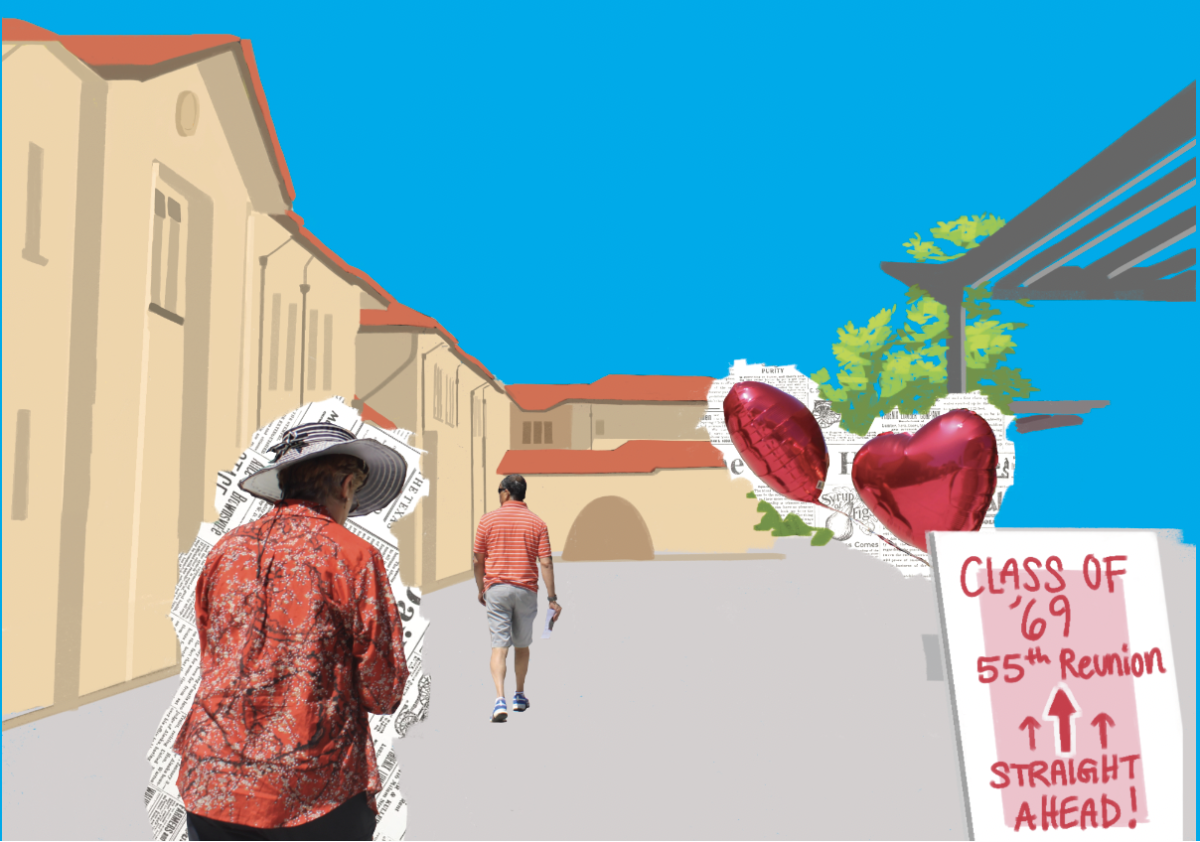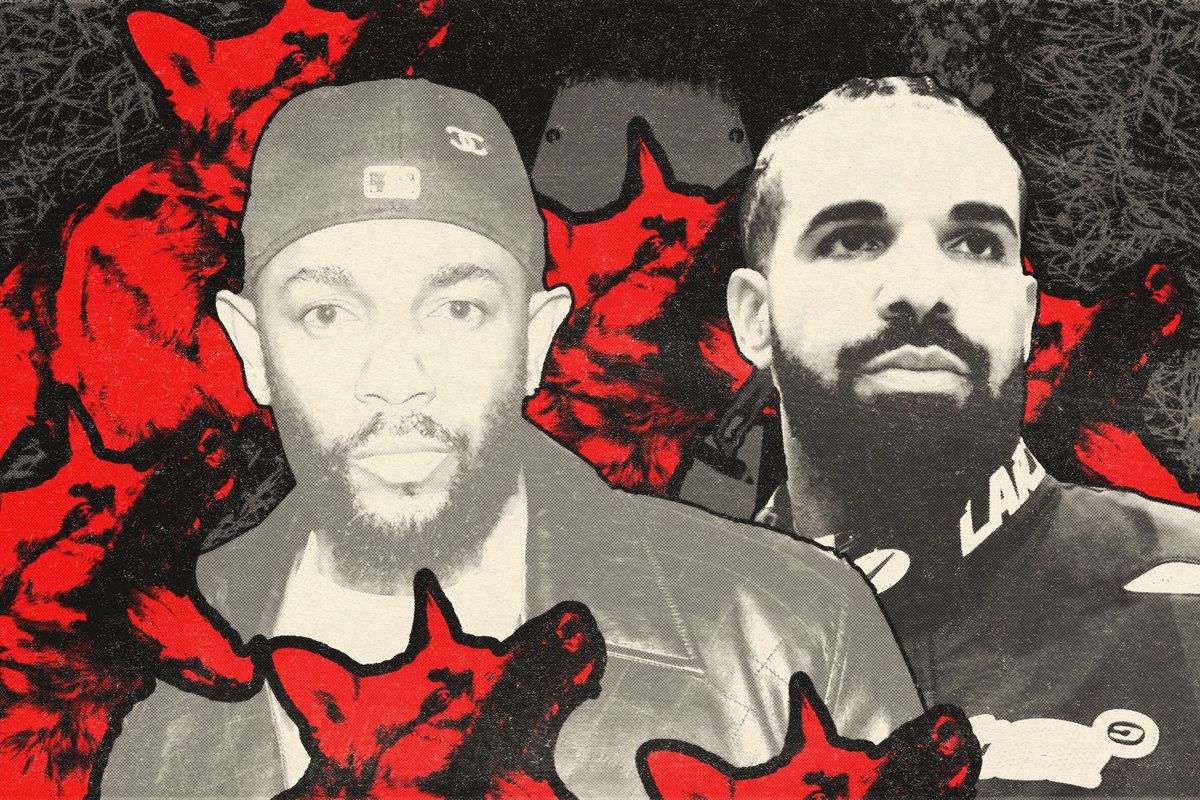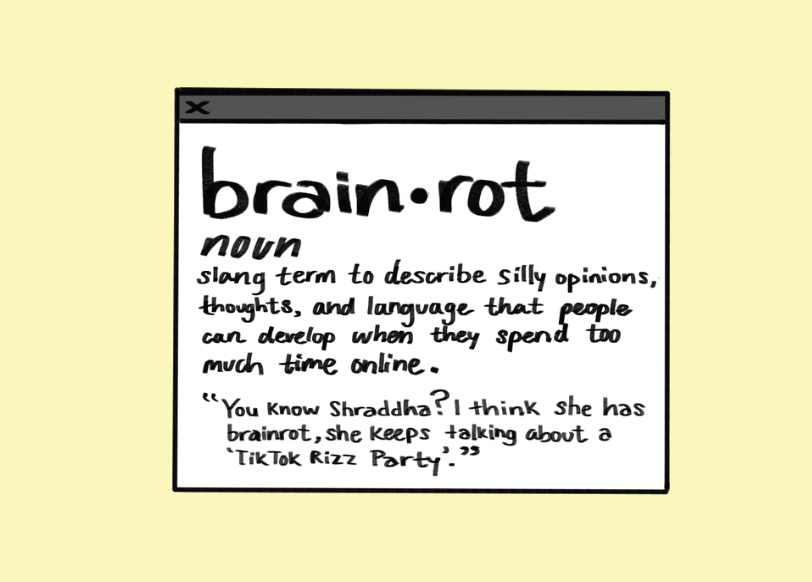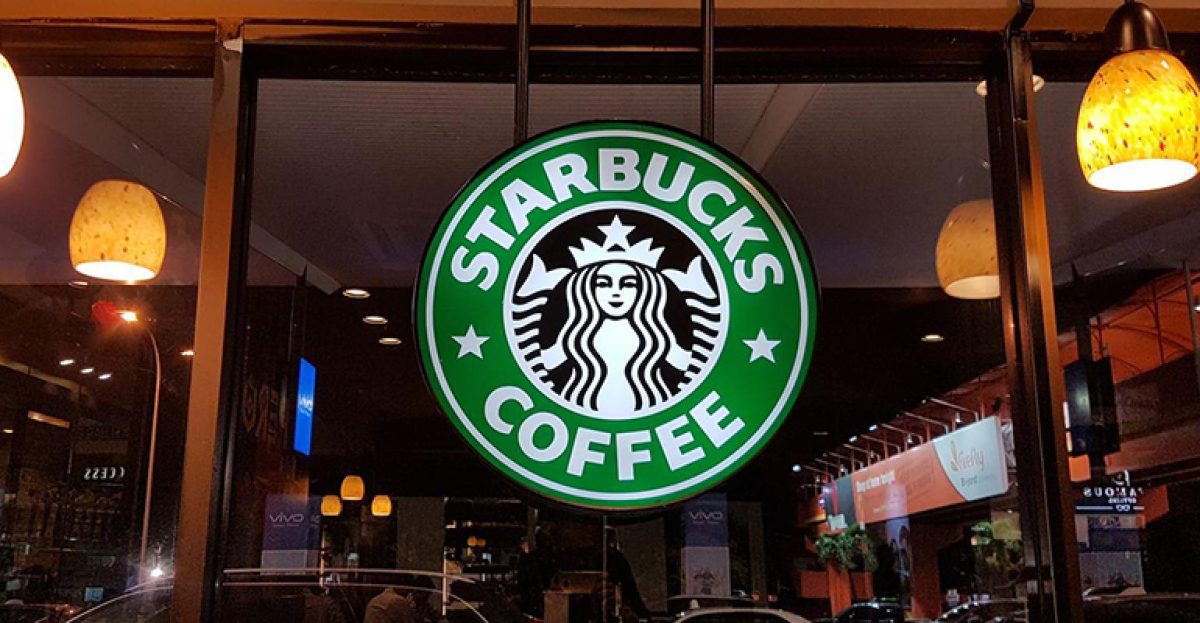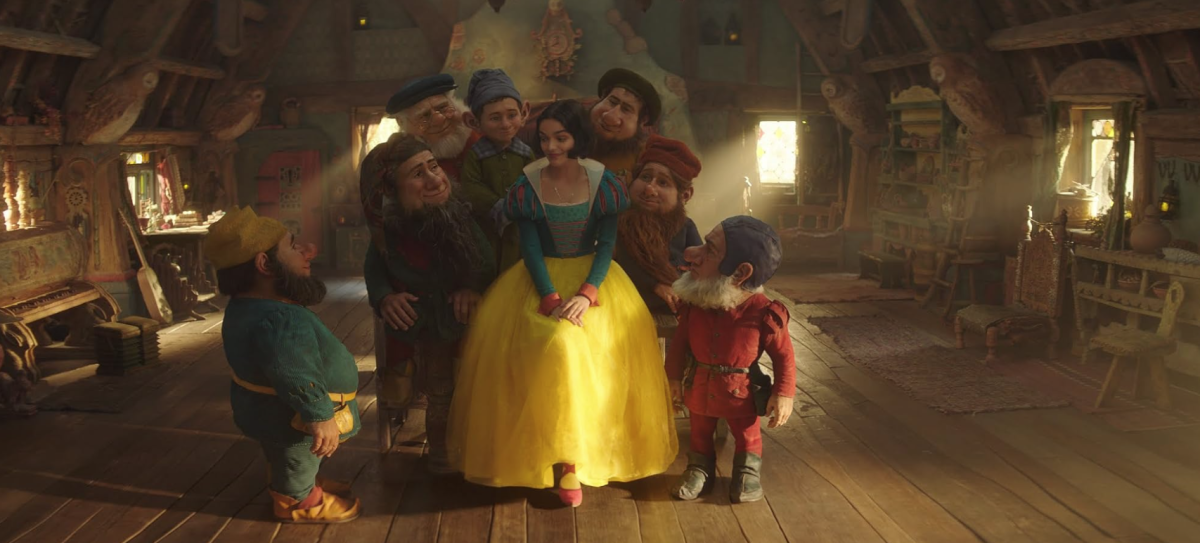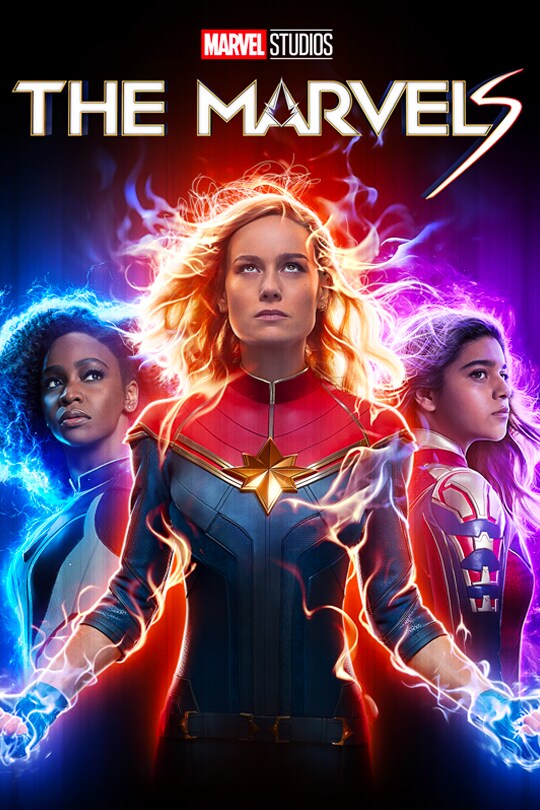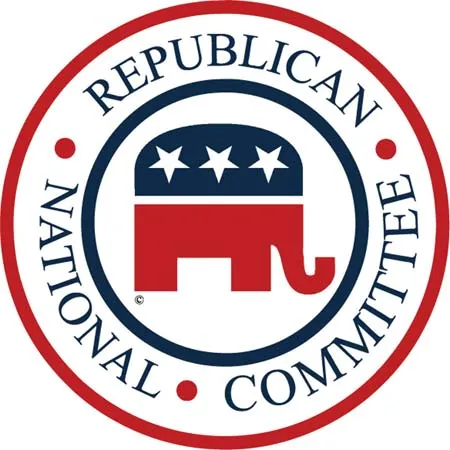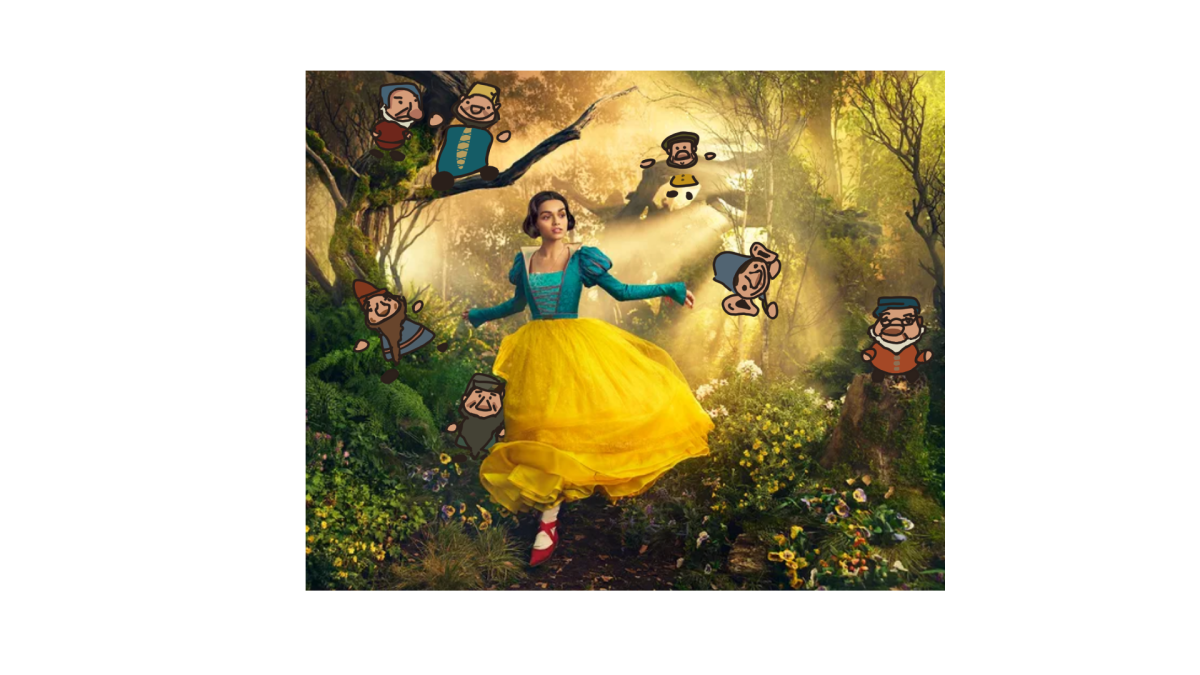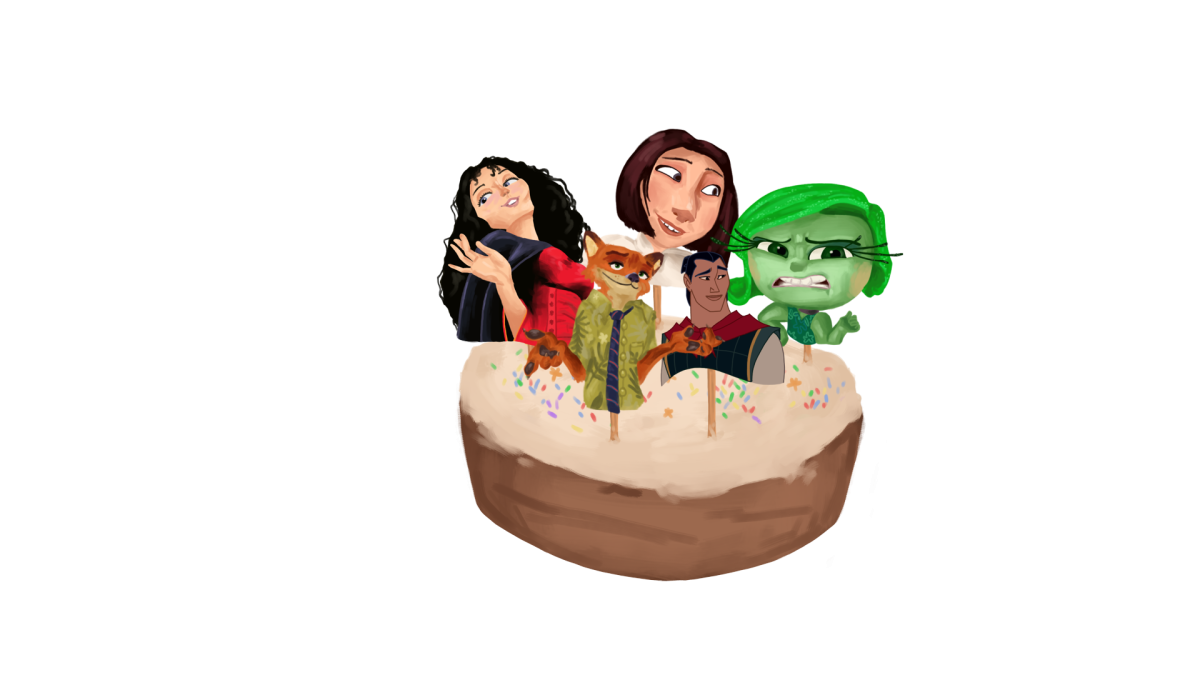In the ever-changing landscape of modern entertainment, the practice of race swapping, or casting actors of a different racial or ethnic background in established roles, has become increasingly widespread. In theory, it appears to be a step toward achieving diversity in modern media, with its main intention being to provide underrepresented groups with more opportunities for media presence. While many claim this practice fosters diversity, it usually does not achieve these goals, raising critical issues.
Casting actors of one racial or ethnic background to portray characters from another blurs the line between representation and exploitation. Cultural appropriation often occurs when elements of a minority’s culture are adopted and profited from. This can not only be deeply offensive but also perpetuate harmful stereotypes.
Moreover, race swapping often results in inauthentic representation. It becomes difficult to accurately portray the experiences and nuances of a particular racial or ethnic group if the actor has no direct connection to those experiences. Authentic representation is essential for the targeted viewer, as it allows them to truly connect with and appreciate the stories being told. By swapping a character from white to a person of color, there is a risk of losing the richness and authenticity of voices and cultures of color, as the narrative is still of white origin.
Furthermore, race swapping can often lead to tokenism. When creators make hasty race-swapping decisions merely to tick a diversity box, it can often result in characters defined by their racial identity rather than being portrayed as complex individuals. This reinforces harmful stereotypes while failing to address underlying issues of underrepresentation in the entertainment industry.
The issue surrounding race swapping in the entertainment industry extends far beyond the casting decisions themselves; it is simply a symptom of a systemic problem deeply ingrained in the industry. Inclusion should be a holistic endeavor, encompassing casting and behind-the-scenes roles like directing, writing, and producing. To truly embrace diversity and inclusivity, the entertainment industry must be willing to invest in individuals from underrepresented backgrounds, both in front of and behind the camera. It is not merely about retelling stories with different character races but about genuine representation and providing opportunities to those who have been historically marginalized. The focus should be on amplifying those unique voices that have long been underrepresented rather than merely recasting established characters.
Debates around race swapping in the entertainment industry are pivotal for the industry to reflect and transform its practices when approaching diversity. Genuine diversity in storytelling transcends mere race-swapping.



